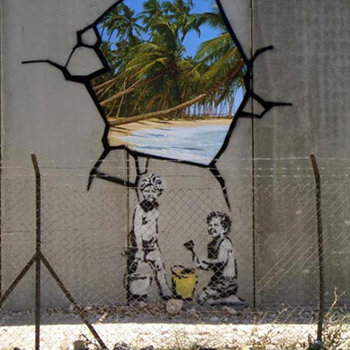How did Americans at home react to Vietnam?
1 Answer
At first with support but they gradually turned against the war.
Explanation:
When combat troops were first sent to Vietnam there was almost 100% support in Congress and conscription was unnecessary. However what was assumed would be a short war dragged on even with over 500,00 US soldiers committed and a huge military budget being spent.
The draft was introduced and opposition to the war grew There were a number of key events which had a major impact on American public opinion, two of which were the Tet Offensive and My Lai.
In 1968 the Vietcong launched a massive offensive during the Chinese New Year, bringing the war into the cities of the South. The American public , who were being told they were winning the war, now saw the Vietcong inside the US embassy in Saigon. They also witnessed the brutal fighting in Hue where much of the old city was destroyed. Scenes such as a South Vietnamese police chief summarily executing a Vietcong suspect by shooting him through the head shocked the American public. Tet had a massive psychological impact on the American public through TV images.
In My Lai in March 1968 American troops slaughtered 400-500 unarmed Vietnamese civilians. Only one American soldier was injured. he shot himself deliberately in the foot so as to get out of the killings. My Lai would probably never have emerged unless a photographer Ron Haeberle had his own camera and took photos.
Such events deeply divided America. When soldiers went on trial for My Lai it was the US Government and indeed US society which was on trial. Only one man Lt William Calley was convicted, serving 3 days before being put in to house arrest Events such as the shooting of students at Kent State University demonstrating against the war, by the National Guard heightened such divisions.
Finally the massive media coverage of the war with the US population having access to television had an impact which was unique; in that ever since there has been far greater censorship by politicians so as to prevent public opinion being aware of what war is really like. It has taken decades for the USA to recover from the scars of Vietnam.

